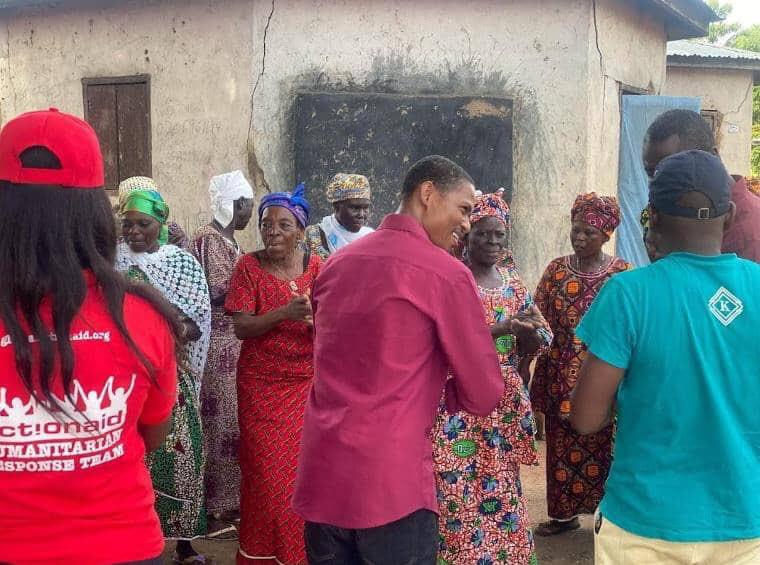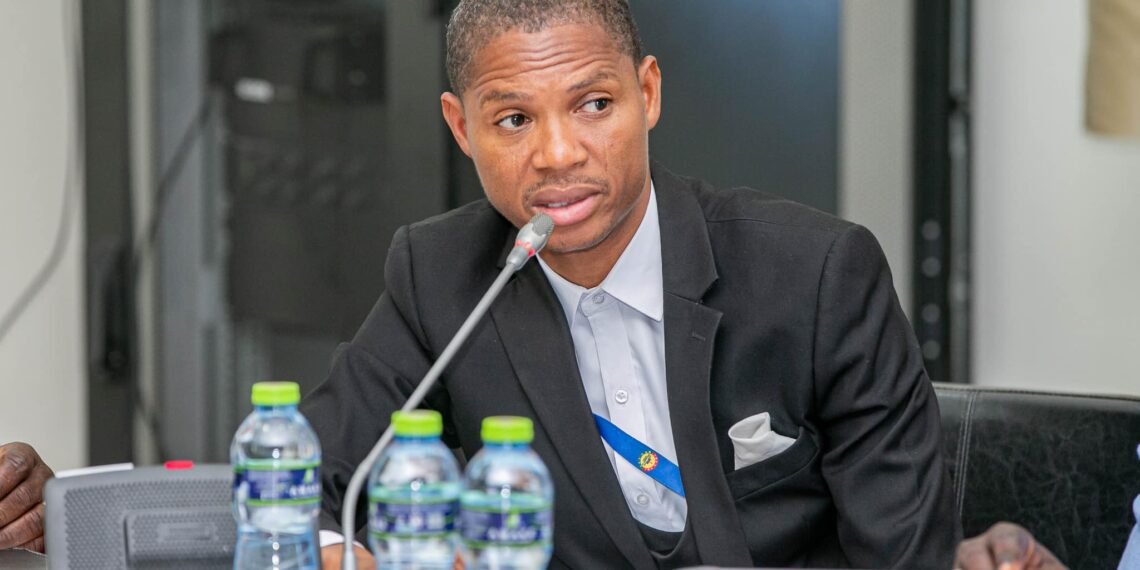Ahead of the International Women’s Day on March 8, 2025, under the theme “Accelerate Action,” Hon. Francis Xavier Sosu, Member of Parliament for Madina, has taken a bold step to reignite the conversation on protecting vulnerable women by reintroducing the Anti-Witchcraft Bill in the 9th Parliament of the Republic of Ghana.
The bill, which was initially passed by Parliament in July 2023 as the Criminal Offenses Amendment Bill 2022, failed to receive presidential assent from former President Nana Akufo-Addo, leaving a crucial legal intervention in limbo.
The proposed legislation seeks to criminalize witch-hunting, prohibit individuals from operating as ‘witch doctors’ or ‘witch finders,’ and ultimately put an end to the persecution of alleged witches—mostly elderly women—who continue to suffer attacks and ostracization in various communities across the country.
Hon. Sosu’s decision to reintroduce the bill comes with fresh momentum, as nine additional MPs have joined his advocacy, signaling growing parliamentary support for this critical human rights intervention.
“Thankfully, nine (9) other MPs have joined me this time to push for this very important legislative intervention in support of all women. I am confident that this policy intervention would be passed by the @GhanaParliament.”
Hon. Francis Xavier Sosu, MP for Madina Constitutuency
Gender Equality and Protection of Vulnerable Women
Expressing his unwavering commitment to gender equality and the protection of vulnerable women, the Madina MP remains hopeful that this time around, the bill when passed, would be assented by President John Dramani Mahama.
His efforts are timely, considering the persistent cases of brutalities against women accused of witchcraft in Ghana.
Reports from human rights organizations indicate that women, especially elderly widows, continue to be banished from their communities, tortured, or even killed based on baseless witchcraft accusations.

The infamous case of Akua Denteh, the 90-year-old woman lynched in the Savannah Region in 2020, remains a stark reminder of the urgency of this legislation.
Despite its passage by Parliament in 2023, the Anti-Witchcraft Bill faced an unexpected obstacle—owing to former President Akufo-Addo’s refusal to grant presidential assent, as required by the 1992 Constitution of Ghana.
The lack of clear communication between Parliament and the Jubilee House on the fate of the bill fueled frustrations among human rights activists and legal experts who view the failure of the former President to assent to the bill as an indictment on the government’s commitment to gender protection.
Many legal analysts questioned why a bill designed to safeguard the rights of vulnerable women has been left to gather dust, especially given Ghana’s international obligations to protect women’s rights under treaties such as the Convention on the Elimination of All Forms of Discrimination Against Women (CEDAW).
Some critics argue that political considerations rather than legal merits influenced former President Akufo-Addo’s reluctance to sign the bill, raising concerns about executive interference in crucial legislative matters.
Beyond politics, the reintroduction of the bill reignites discussions on the deep-rooted cultural beliefs that sustain witchcraft accusations in Ghana.
While traditional practices and beliefs hold significance in many communities, the exploitation of these beliefs to justify violence against women must be decisively tackled through legislative and civic education measures.

The theme of this year’s International Women’s Day, “Accelerate Action,” serves as a timely reminder that Ghana cannot afford to delay crucial interventions that protect women.
The reintroduction of the Anti-Witchcraft Bill should galvanize stakeholders—including civil society organizations, religious groups, and traditional authorities—to push for a swift passage of the bill and ensure it finally becomes law.
For many vulnerable women across the country, the passage of this bill could mean the difference between life and death.
Hon.. Francis Xavier Sosu’s determination to keep the bill on the legislative agenda is a commendable step, but the broader fight requires collective action.
READ ALSO: WAPCo Completes Critical Pipeline Maintenance Across West Africa




















